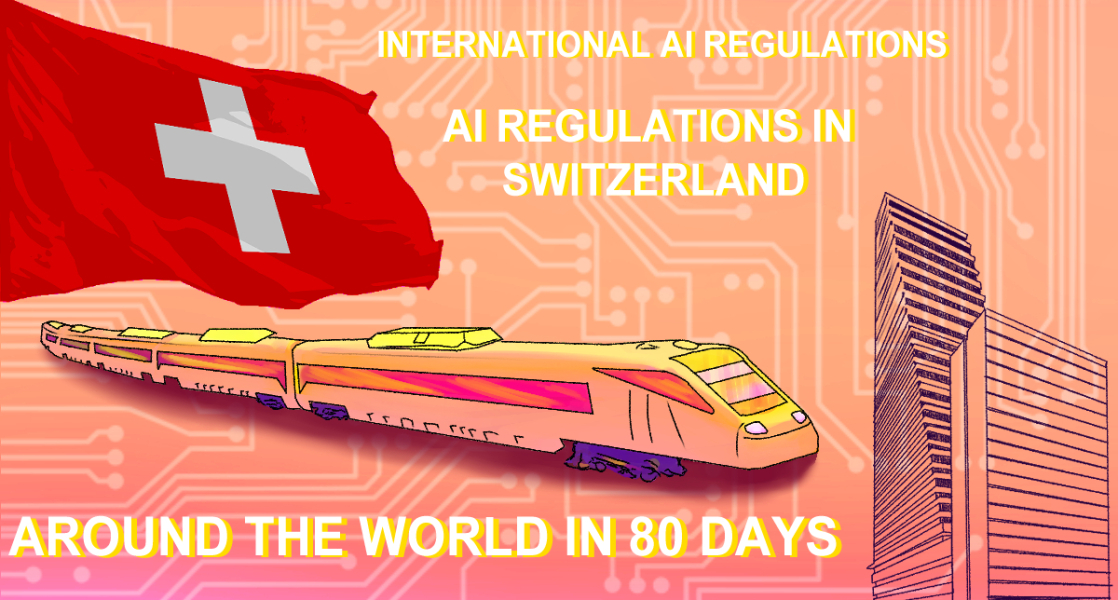The world of artificial intelligence is rapidly evolving, and with great technological power comes the need for responsible governance. Switzerland finds itself at a critical juncture in AI regulation, balancing innovation with ethical considerations as global standards begin to take shape.
The European Context: A Regulatory Blueprint
The European Union's recently published AI Act, effective from August 2024, provides a comprehensive framework that extends far beyond European borders. This landmark legislation introduces a nuanced approach to AI regulation, categorizing systems based on their potential risks:
● Prohibited AI systems that threaten fundamental human rights
● High-risk systems with stringent transparency requirements
● Limited-risk applications requiring user awareness
● Minimal-risk technologies with voluntary best practices
For Swiss companies, this isn't just a European issue. The Act's extraterritorial reach means that businesses operating in or exporting to the EU must carefully assess their AI systems to ensure compliance.
Switzerland's Evolving Regulatory Approach
Unlike the EU's comprehensive framework, Switzerland has taken a more measured approach. Currently, AI remains governed by technology-neutral laws spanning data protection, medical regulations, and sector-specific frameworks. However, change is on the horizon.
The Federal Council has commissioned a comprehensive analysis of potential AI regulatory approaches, expected by the end of 2024. This initiative signals Switzerland's commitment to developing a balanced regulatory environment that supports innovation while protecting individual rights.
Key Challenges for Swiss Companies
Businesses must proactively prepare for the emerging regulatory landscape:
1. Conduct thorough compliance reviews of existing AI systems
2. Implement robust risk management frameworks
3. Ensure transparency in AI decision-making processes
4. Train staff on new regulatory requirements
5. Collaborate with legal and technological experts
Looking Ahead: Balancing Innovation and Responsibility
Switzerland's approach reflects a nuanced understanding that AI regulation isn't about stifling innovation, but about creating a trustworthy technological ecosystem. The country is actively participating in international discussions, including the Council of Europe's AI Committee, to shape global standards.
The potential penalties underscore the importance of compliance. The EU AI Act, for instance, can impose fines up to 35 million euros or 7% of global turnover for violations – a powerful incentive for robust governance.
Conclusion
As AI continues to transform industries, regulatory frameworks will become increasingly crucial. Swiss companies have a unique opportunity to be at the forefront of responsible AI development, turning potential regulatory challenges into competitive advantages.

